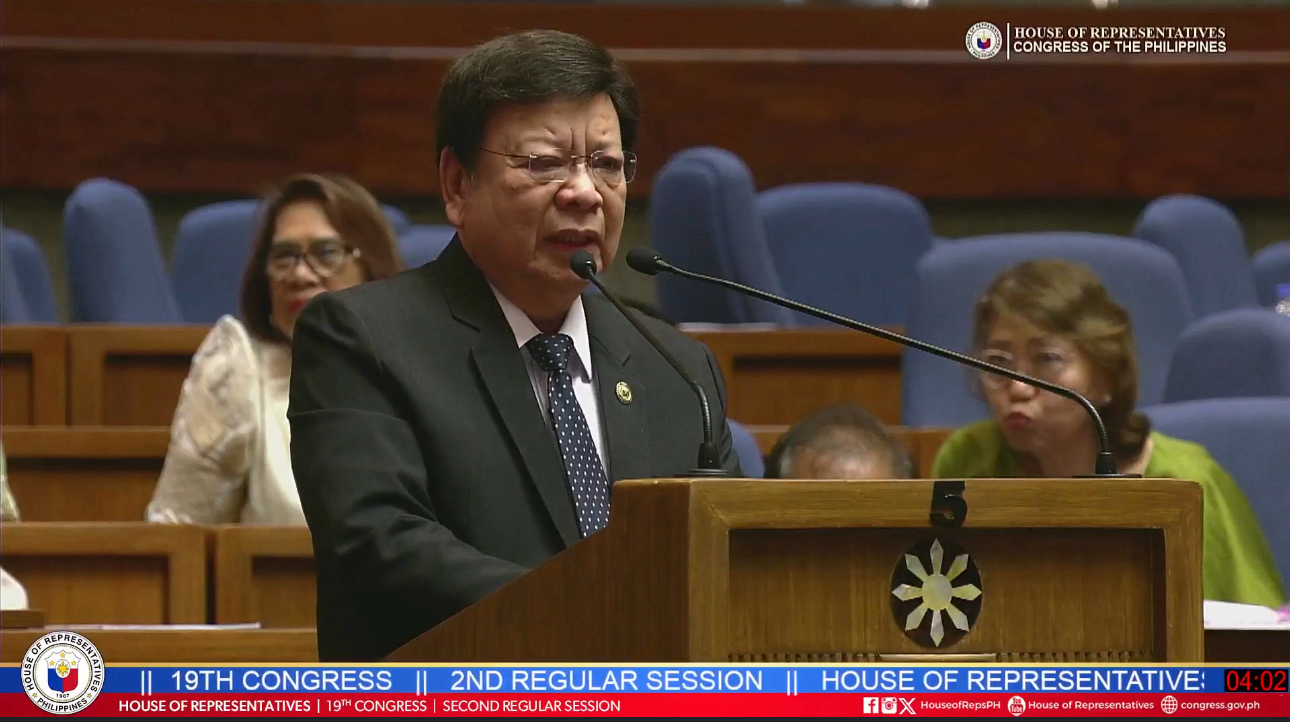Marcoleta distraught as Cayetano rant puts 3 million Filipino livelihoods at risk
Former Deputy Speaker Rodante Marcoleta slammed Senator Pia Cayetano’s statements for putting at serious risk the livelihoods of three million people dependent on tobacco industry.

Former Deputy Speaker Rodante Marcoleta
“I’d rather have one thousand Dirty Ashtrays (award) than one coffin to contain the whole tobacco industry, including the farmers and stakeholders who are depending on the tobacco industry in our country,” Marcoleta said during his February 19 privilege speech.
Marcoleta referred to Senator Cayetano’s outburst at the Senate during a privilege speech where she encouraged the delegation to disregard the laws the country has passed to regulate tobacco use and novel tobacco alternatives like vapes, heated tobacco and oral nicotine.
“While the state is conscious and responsible in maintaining the health of its citizens, it should also do so mindful of the general welfare of the people, especially the stakeholders of the tobacco industry. Our two laws advocate for balanced policies,” he said.
The SAGIP Party-list rep also lamented that despite the country asserting its sovereignty and defending its policies regulating tobacco use during the World Health Organization's Framework Convention on Tobacco Control’s (FCTC) 10th Conference of the Parties (COP) in Panama, the Philippines was given a “Dirty Ashtray Award” by an NGO that merely observed the proceedings.
In decrying the Philippines’ “Dirty Ashtray Award”, public health and harm reduction experts praised the country for its clear support of tobacco harm reduction as an avenue to make safer alternatives available to smokers.
Martin Cullip, international fellow at the Taxpayers Protection Alliance (TPA) said, "In COP 9, the Philippines said, 'we are not going to ban these products, we are going to regulate them.' And this sent shockwaves throughout the meeting.”
Professor David Sweanor, chair of the advisory board of the Center for Health Law, Policy, and Ethics at the University of Ottawa, lauded the Philippines for opposing a well-funded agenda to deny consumers access to smoke-free alternatives.
“To criticize a country for defending the right of people to access life-saving products shows a frighteningly authoritarian and moralistic agenda. If we are to successfully reduce cigarette smoking, anti-tobacco groups need to learn from countries like the Philippines rather than denigrate them," Professor Sweanor said.
Defending the delegation against Senator Cayetano’s comments, Marcoleta said the Philippine delegation’s active participation in the World Health Organization's Framework Convention on Tobacco Control’s (FCTC) 10th Conference of the Parties (COP 10) in Panama mirrored the country’s laws and balanced policies.
He said the Philippines delegation worked two weeks before they left to ensure a unified statement based on the country’s national policy.
According to Marcoleta, The Philippine delegation participated actively in the FCTC's Agenda 9 and 10, which addresses the facilitation of implementation of regulation and disclosure of the contents and emission of tobacco products.
Debates were undertaken during the conference about suspending the “working group” and conceding its mandate to an “expert group”. Representatives from signatory-countries to the treaty make up the working group, while nominated individuals who do not represent their respective countries make up the expert group.
The Philippine delegation did not agree with the expert group having a mandate over policymaking since certain legal principles cannot be compromised under the appeal of flexibility and consensus, according to Marcoleta.
“We need to assert, Mr. Speaker, that the expert group must be subordinated to the primacy and the dominant role of the working group consisting of state parties. Because they are the ones accountable to and responsible for the interests of their respective nationalities. We have to emphasize, Mr. Speaker, that the working group has the mandate,” Marcoleta said.